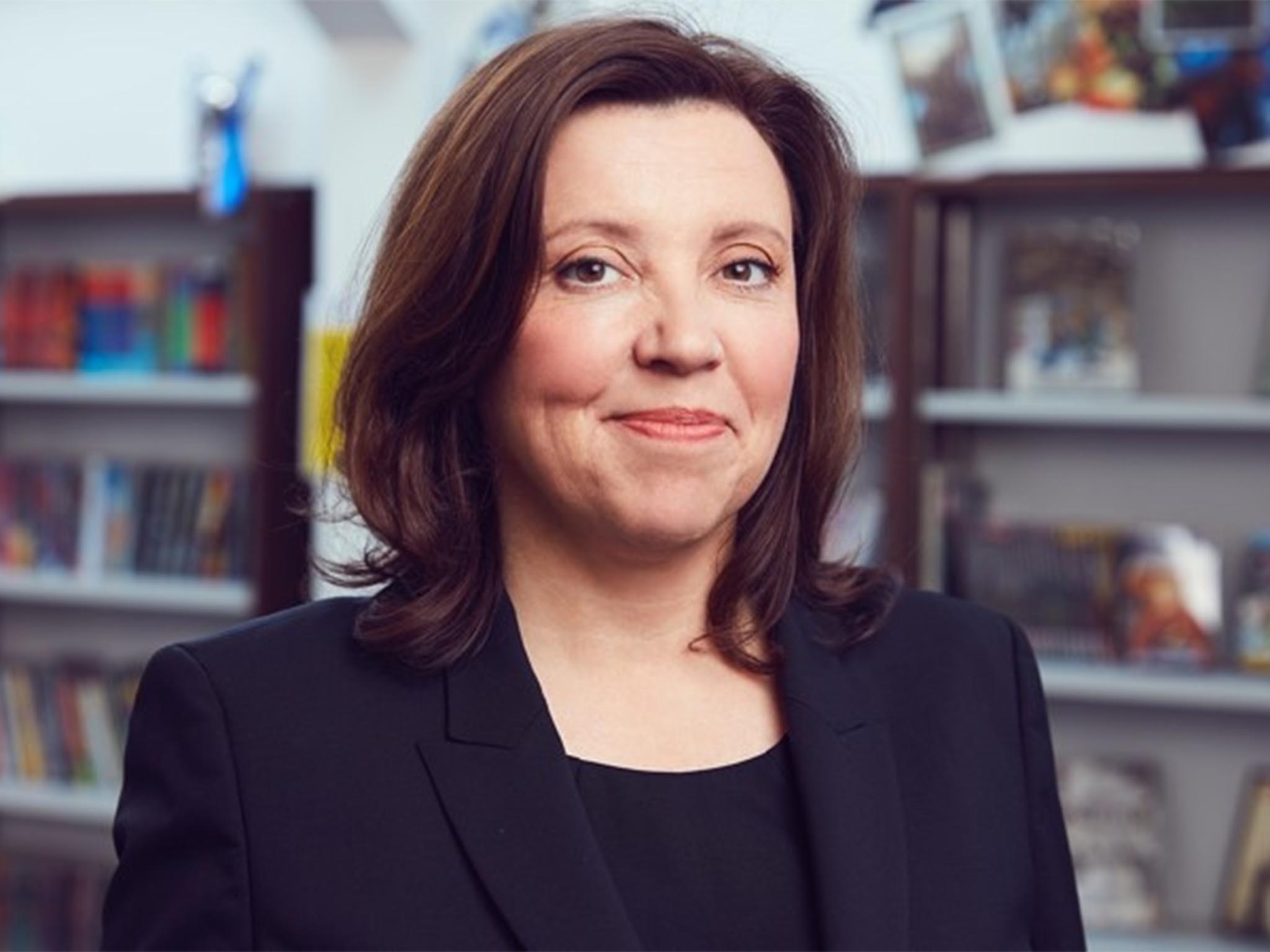Three-quarters of children detained under mental health act are girls, new report warns
Youngsters face ‘patchy’ support with 80-day treatment wait in one area

Nearly three-quarters of children detained under the mental health act are girls, a new report has found, amid warnings youngsters face a “postcode lottery” in their wait for treatment.
Average waiting times between children being referred to mental health services and starting treatment have increased for the first time since 2017 with the children’s commissioner describing support across the country as “patchy”.
In the annual report on children’s mental health services, the watchdog warned that, although the average wait is 40 days, some children are waiting as long as 80 days for treatment after being referred in 2021-22.
The analysis, published on International Women’s day, also says young girls represented the highest proportion of children detained under the mental health act last year, highlighting “stark and worrying” gender inequalities.
Commissioner Dame Rachel de Souza called on the government to have a “clear-eyed focus on the specific needs of children” when it comes to investment.
She said: “It’s clear that mental health support for children across the country is patchy, despite some good progress made by the NHS in the years leading up to the pandemic.”
Have you been impacted by this story? email rebecca.thomas@independent.co.uk
Last yearThe Independent revealed 20,000 children who should receive NHS care are unable to access vital services each month.
As demand for NHS children’s mental health services has increased following the pandemic, the commissioner warned 48 per cent of children who need care are not able to access it.
The report said: “As the number of children in need of mental health services surges, there is concern that existing NHS service capacity and infrastructure may not be able to cope with the additional pressure.”
It also warns of an increasing number of children who have mental health difficulties who are admitted to settings outside of mental health hospitals, such as acute wards.
It stated: “These children are hidden from view as they do not appear in any official statistics, but research suggests that over 10 times as many children are being deprived of liberty in this way in 2023 as in 2017-18.”
For her report, the commissioner’s office said they had carried out new analysis of children’s mental health services and waiting lists in England, showing there were 1.4 million children estimated to have a mental health disorder in the financial year 2021-22.
Of those, less than half (48 per cent) had at least one contact with children and young people’s mental health services (CYPMHS) and just over a third (34 per cent) had at least two contacts.
According to the report, the NHS had managed to cut average waiting times from 57 days in 2017 to 32 days in 2020-21, however the wait in 2021-22 increased to 40 days. But this varied between areas with the report noting a 13-day wait in NHS Leicester City up to an 80-day wait in NHS Sunderland.
Of the 869 detentions of children under the Mental Health Act in 2021-22, almost three quarters (71%) were of girls.
The commissioner also looked into the quality of children in inpatient mental health wards and found wards where children did not have access to any activities and only a few hours of education in some places.
The report calls for the department for health and social care to roll out mental health support teams to every school by the end of 2025.
It has also said the government’s major conditions strategy, which is set to replace the 10 year mental health plan, must have a core focus on children and look the range of mental health support available.
Andy Bell, interim CEO at the Centre for Mental Health, said: “The commissioner’s report reveals stark and worrying gender inequalities within the children and young people’s mental health system. It’s particularly concerning that nearly three quarters of those detained in mental health hospitals are girls and young women.
“Government and services must consider ways to embed gender and age-appropriate approaches within mental health services and put this discrimination to an end.”
Ollie Steadman, policy and campaigns manager at the charity Mind, said the mental health needs of young people are “increasing rapidly” and added that the cost-of-living crisis is also having an impact on young adults.
He said: “Despite the need for support continuing to rise, young people are still left facing an agonising wait in a system that cannot keep up with demand, and the UK Government’s response so far has just not been good enough.
“There should be no ‘postcode lottery’ when it comes to support for young people’s mentalhealth. The earlier a young person gets support for their mentalhealth, the more effective that support is likely to be.”
The DHSC was approached for comment.
Subscribe to Independent Premium to bookmark this article
Want to bookmark your favourite articles and stories to read or reference later? Start your Independent Premium subscription today.

Join our commenting forum
Join thought-provoking conversations, follow other Independent readers and see their replies